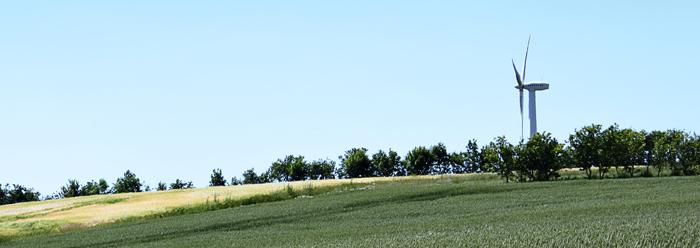
Free up of agricultural land
This means that the pressure on forests and steppes in the tropical areas, which function as the planet’s natural carbon stocks, is reduced.
Thereby, bioethanol produced from feed wheat helps reduced CO2 emissions in two ways: by reducing the use of fossil fuels and through a change in land-use.
The land use change means that for every 0.69 ha. of agricultural land used in Denmark for the production of feed wheat for a biorefining process, where you extract bioethanol, feed and food, you free up 0.71 ha. of agricultural land globally. This is due to the introduction of a high-value protein, which is a natural by-product in a biorefining process, but which up until now has not been utilized in an optimal manner (Claus Felby).
FAO
The Food and Agriculture Organization of the United Nations (FAO) has published a report (September 2012) which collates, discusses and summarizes state-of-the-art knowledge on the use as livestock feed and future availability of co-products from the biofuel industry.
The report illustrates how the use of co-products from the bioethanol production helps reduce the EU import of soybean from South America.
Follow the developments within biorefining. hveiti regularly informs about our efforts to improve the environment.




